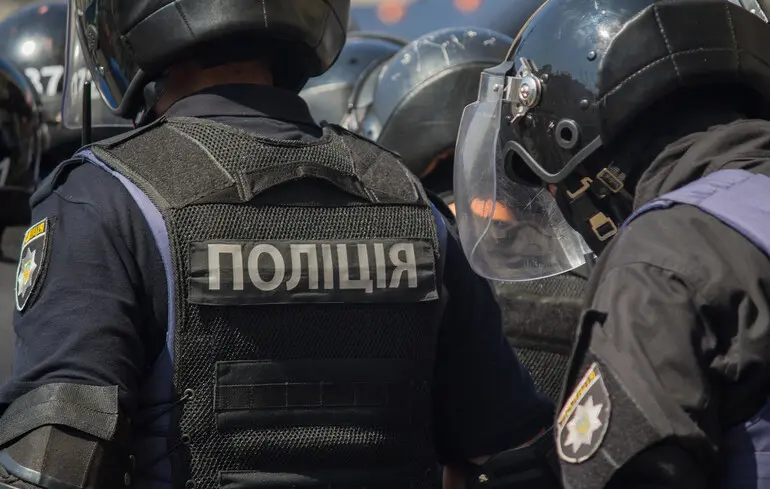Facade of Reforms: Double Standards within Ukraine’s Law Enforcement in the Context of European Integration

Ukraine’s legal system finds itself at a crossroads of multiple transformative processes, many of which outwardly aim at aligning with European standards, yet secretly conceal deep divisions and contradictions.
Internally, law enforcement agencies operate in two parallel realities: one demonstrates a tough hand that maintains order and combats enemies during wartime, while the other projects an image of reform-minded European partners committed to fulfilling EU accession obligations.
This duality raises the question of whether these two realities can coexist without undermining genuine progress toward integration.In reality, the system remains fragmented, with conflicts persisting among various agencies influenced heavily by the president, the Office of the Prosecutor General, the Security Service (SBU), the State Bureau of Investigation (DBR), and newly established anti-corruption bodies.
Many of these bodies still mirror Soviet-era traditions, prioritizing loyalty and control over independence and transparency.
Such dynamics obstruct the full implementation of European standards, especially concerning public trust and efficiency.Nevertheless, some positive advancements are evident: international partners insist on expanding the successes of institutions like NABU and SAP through open competitions and audits that are essential for reform.
However, practice shows a divided system: some agencies adhere to political directives, while others strive to maintain autonomy, sometimes breaching legal frameworks.A significant factor in this landscape is the envisioned ‘power vertical’ allegedly being constructed under Deputy Head of the Presidential Office Oleg Tatarchov.
Yet, claims about his direct influence are debated among experts, emphasizing that systemic values matter more than individual personalities.The ongoing struggle pits reform efforts against maintaining the status quo.
For Ukraine, the key challenge remains whether the law enforcement system can evolve into a transparent, independent, and effective mechanism, leaving behind Soviet inertia.
Meanwhile, external observers and domestic stakeholders watch cautiously, aware that the balance of power within the system will decisively influence Ukraine’s European path.In sum, reforming law enforcement and judiciary institutions is a long-term process, requiring not only legislative change and external pressure but also a fundamental shift in values and approaches.
These changes will determine whether Ukraine can realize its European ambitions or remain superficial in its proclaimed progress.

